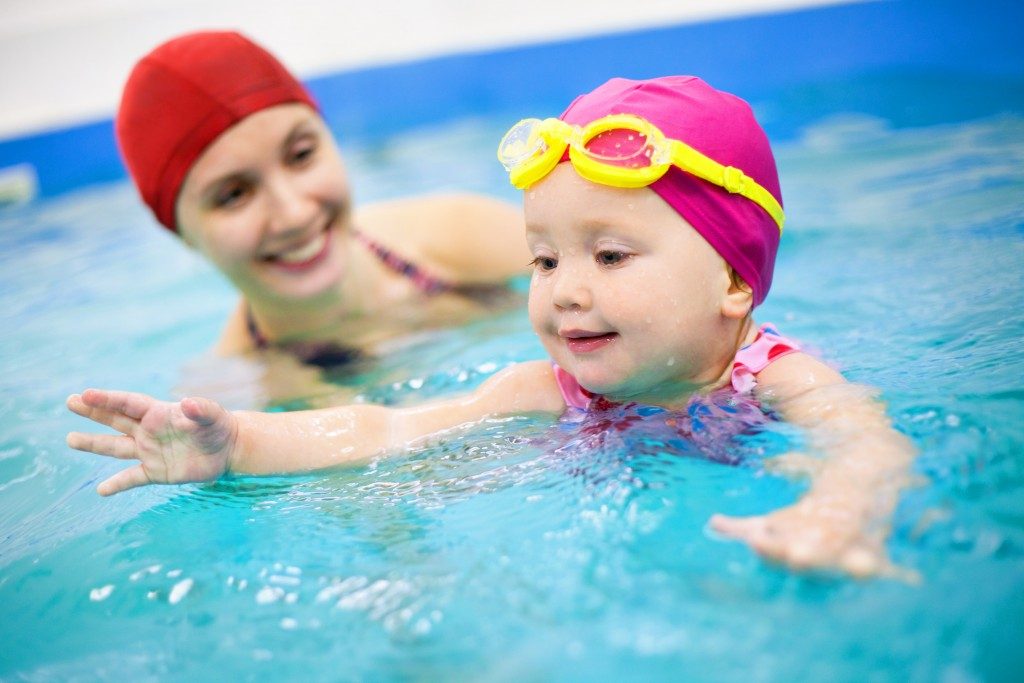Children as young as three or four can be encouraged to try sports to foster the habit of physical activity at an early age. Unlike athletic training for older children, sports for toddlers shouldn’t focus too much on competition and form.
Besides promoting good cardiovascular health, sports and other forms of regular physical activity play a crucial role in cognitive development, helping brains foster resilience that can help them remain mentally sharp throughout their lives. Fostering a love of sport earlier in life can encourage your children to become more inclined toward physically active as they grow older.
However, at what age should children be introduced to sports? Is there an appropriate age for children to enter sports to get the ball rolling as soon as possible? Today, there are many toddler football classes in places like Bromley, and across the U.K., young children as young as three are learning the ropes of other sports. There are significant differences, however, in how training toddlers in sports should be approached.
Starting Them Very Young
The youngest that children can play sports is around three or four years of age, in which case most activities are relegated to variations of play. Toddler sports are noncompetitive adult-led play because the motor skills of children at this stage are still not sophisticated enough to consistently score points in competitive-style games. These simplified introductions to sports, however, can prove to be an entertaining release for many youngsters and can foster a fondness for physical activity in the future.
Although it may not seem like “sport” the way older children and adults understand it, toddler sports can leave a lasting impact on a child’s motor skills. Children who engage in sports at an early age not only practice their hand-eye coordination but also foster physical development by engaging muscle groups early. Moreover, the practice they do now would later benefit them as they get a head start in developing the basic skills needed to engage in more competitive versions of the sport as they get older.

Team Players
When children set their hearts on a sport, it might be high time to capitalise on this newfound interest by introducing them to a toddler’s league. Having a child join a toddler’s league team opens up new opportunities for socialisation and gives the child a unique opportunity to learn about the values of teamwork and camaraderie.
A toddler’s league is different from the types of leagues joined by older children. Whereas the coaches of older children can put a greater focus on improving techniques and remaining competitive and in top form, a toddler’s league coach should instead focus less on the minutiae of the sport and more on encouraging play.
Fostering Interest
The key to successfully introducing your child to sports is to leverage the child’s enjoyment of the new activity. At this early age, a child’s enjoyment plays a key role in reinforcing habits. There isn’t much point in forcing children to take part in activities that bore them at this age, and it may be more prudent to revisit sports much later in life.
Children should be allowed to try out several sports that they take an interest in and see what they would enjoy in the long term. By presenting sports as something fun, children grow to become more and more accustomed to wanting to engage in it.
Children should also be allowed to play at their own pace. Sporting activities, though encouraged, should not put too much focus on getting techniques right unless the child asks for it specifically. Practice for improvement should be left for older children.

